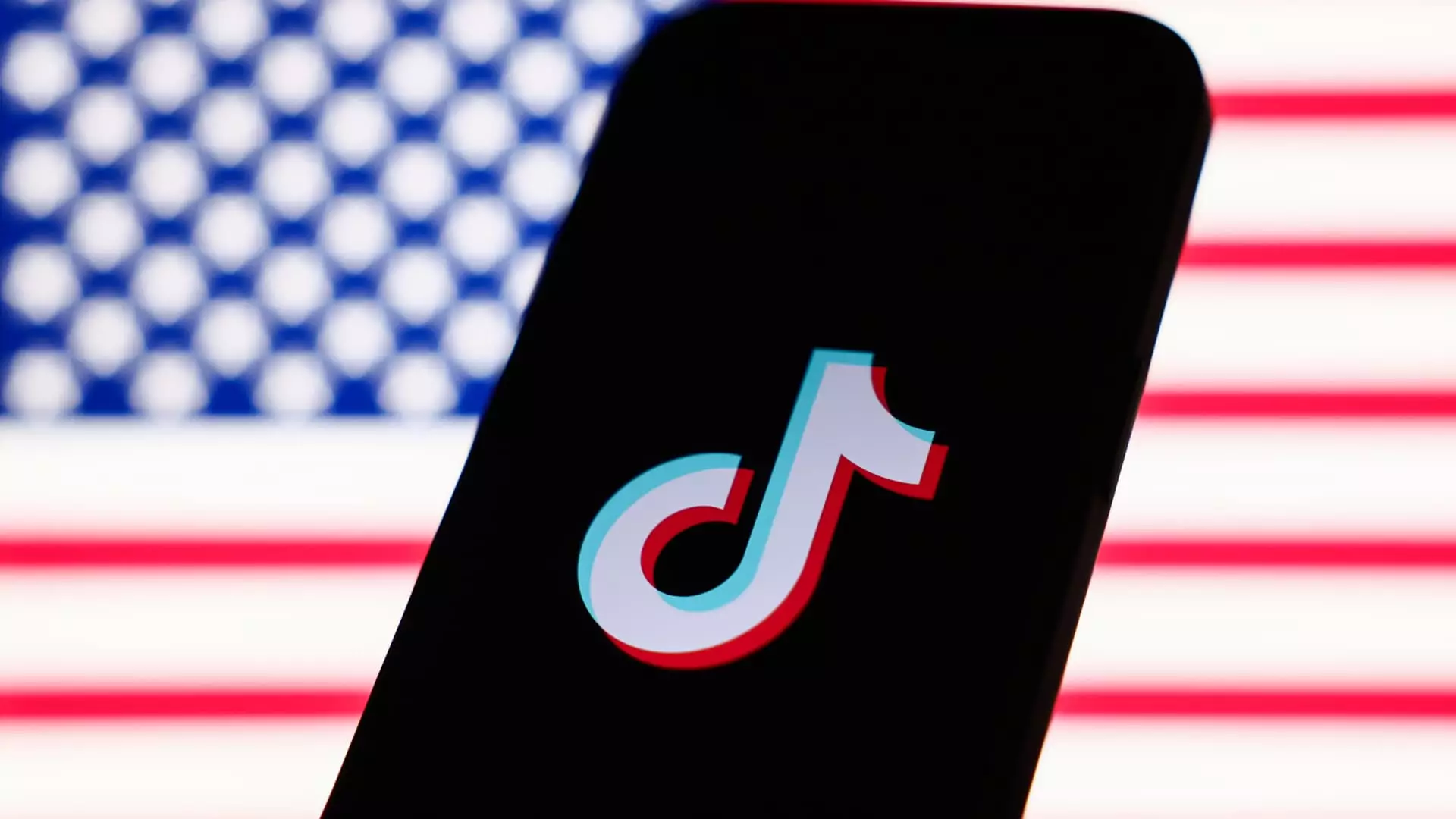The landscape for digital platforms continues to evolve rapidly, significantly affected by geopolitical dynamics, regulatory scrutiny, and market valuations. TikTok, the popular short-form video app owned by Chinese company ByteDance, finds itself at the center of this complex web. As high-profile businessmen like Elon Musk deliberate over potential acquisitions, the future of TikTok’s U.S. operations raises pressing questions about valuation, regulatory challenges, and the potential impacts of a forced sale.
The valuation of TikTok’s U.S. operations has varied considerably amidst ongoing stresses surrounding its ownership. With estimates fluctuating between $30 billion and $50 billion, analysts have approached the valuation debate from different angles. Angelo Zino from CFRA Research, for instance, pegged the value at around $40 billion to $50 billion based on TikTok’s impressive user engagement statistics, which includes about 115 million monthly users in the United States alone. Despite this operational success, it’s essential to understand that such metrics don’t always translate directly to financial worth, particularly in scenarios where factors like national security loom large.
Furthermore, Zino’s valuation dropped from over $60 billion in the earlier part of 2024, highlighting how geopolitical tensions can dramatically impact market perception and financial estimates. The decline in TikTok’s valuation was not only attributed to industry trends but also to the growing concerns that have led lawmakers to consider punitive measures against service providers that facilitate TikTok’s operations. As the U.S. government continues to analyze and challenge the app’s security implications, potential buyers must navigate these choppy waters carefully.
The shadow of regulatory scrutiny cannot be overstated in discussions revolving around TikTok. A proposed ban in the U.S. hinges on interpretations of national security laws, leading to significant uncertainty about the app’s continued presence in the marketplace. Should the U.S. Supreme Court uphold these measures, tech giants like Apple and Google might face considerable sanctions, complicating the environment further for both ByteDance and any potential acquirers.
An acquisition would not only require a significant financial outlay but also an adept navigation of the accompanying regulatory framework. Analysts caution that potential buyers must be equipped to tackle the scrutiny surrounding TikTok’s data management practices—an area where the U.S. government believes the platform could pose risks. For any prospective buyer, understanding the ramifications associated with regulatory compliance will be crucial for maintaining the platform’s integrity and user trust.
The potential acquisition of TikTok’s U.S. unit is made more complicated by the competitive landscape. Noteworthy bidders include consortiums led by figures like Frank McCourt and Kevin O’Leary, who have expressed willingness to invest substantially in TikTok. However, their bids reflect a cautious stance that could be seen as a lowball offer compared to the inflated valuations proposed earlier.
It’s essential to note that the value associated with TikTok extends beyond user base numbers and financials—it also encapsulates its sophisticated recommendation algorithms. Experts note that a likely acquisition would not include these algorithms, which are considered central to TikTok’s appeal and user engagement. This separation raises questions about how a new owner would navigate the potential challenges of running a platform designed without its most innovative and controversial features.
The fate of TikTok carries implications that stretch beyond its operational value, capturing the attention of policymakers, industry watchers, and digital marketing strategists alike. Should a sale transpire, it may set a precedent for how digital businesses are perceived in terms of national security and operational stability, reshaping the market’s landscape for foreign-owned platforms in the U.S.
As discussions persist and potential bids emerge, it becomes increasingly clear that TikTok’s journey is emblematic of broader shifts in technology and regulation. The pathway forward remains fraught with uncertainties as companies like ByteDance weigh their options against a backdrop of heightened scrutiny. The outcomes of these deliberations will not only determine TikTok’s future but could also influence the operational strategies of other global digital platforms operating within the American market.


Leave a Reply